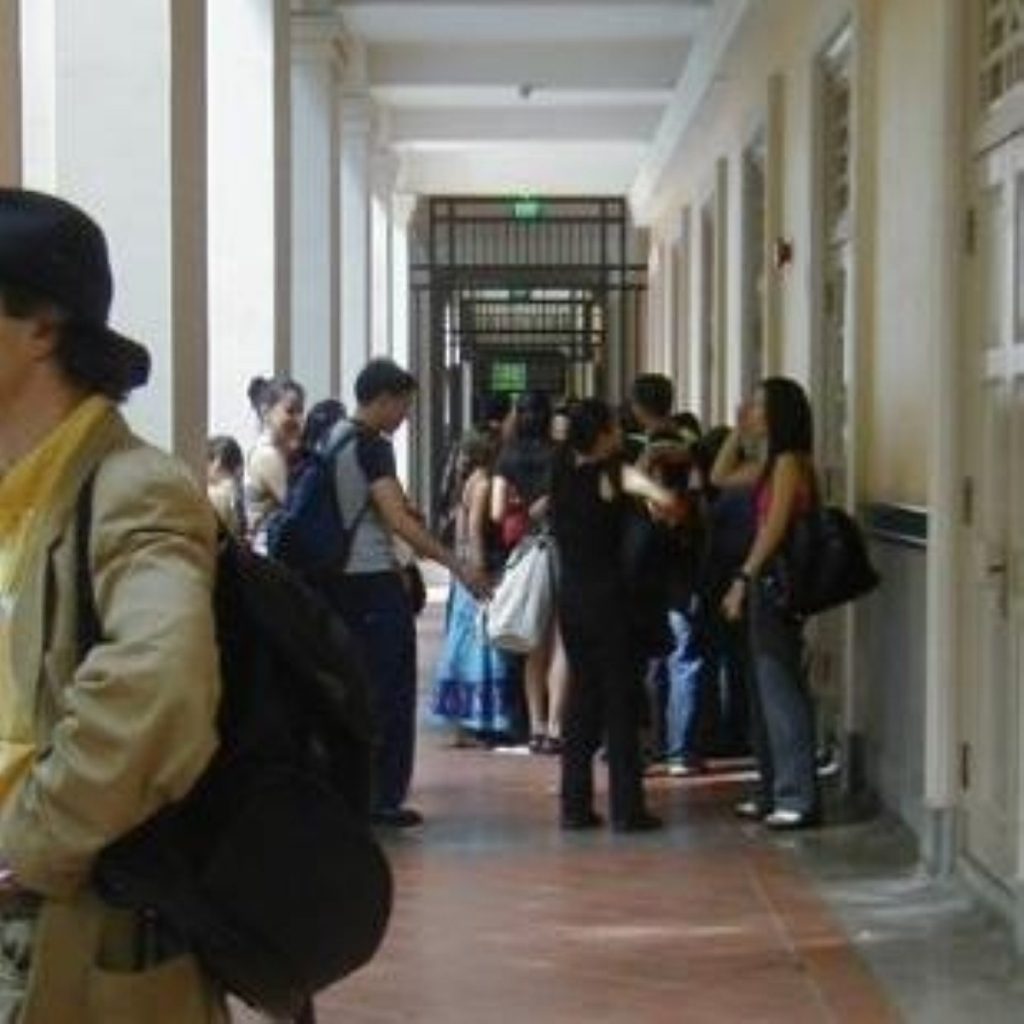Mixed Ofsted judgement on youth services
Ofsted – the Office for Standards in Education – has rebuked Cambridgeshire’s youth service provision today, in the first round of reports under the Office’s new four-year review cycle.
Before the introduction of the new four year long cycle inspection regime this January, Ofsted inspected a sample of 12 youth services a year.
Of the five authorities inspected in this round, the four midlands and northern local authorities also inspected- Barnsley, North Yorkshire, Nottingham and Worcestershire- were found to be satisfactory. Cambridgeshire however was sharply criticised, with Ofsted highlighting “chronic under funding” of the system.
Cambridgeshire was praised for offering wide ranging provisions for the personal development of young people. However it was judged unsatisfactory due to disparities in the quality of youth work throughout the county, caused Ofsted argued through “a history of chronic under funding” which led to understaffing and managerial oversight of key areas.


Ofsted are particularly concerned that much of Cambridgeshire’s provision is “exclusively recreational in purpose” and that there is a lack of sufficiently skilled and qualified staff members to design and manage the curriculum.
In these inspections Ofsted was assessing the provision of services for the 13-19 age range, with particular emphasis on the access and participation of the young people. Detailed assessment was also made of the education standards and achievement in each authority, the quality of the youth services, and the value of partnerships with other organisations. Finally the management and leadership of the youth services- including their value for money and youth resources – were assessed.
These inspections differ from the commonly-quoted Ofsted school reports in that the primary unit of assessment is the council area as a whole, not an individual school, and that the majority of the services inspected take place out of school hours and control, even though school buildings might be used. An example of services examined might be a locally-run drug education programme.
In two-tier areas, such as Cambridgeshire, youth services – like education – are run by the county council. Cambridgeshire County Council is controlled by the Conservatives.
Cambridgeshire, according to Department for Education statistics, containing within the Ofsted report, spent 0.7 per cent of its total education budget on youth services (2002-03). In contrast, the Barnsley Youth Service, whose work was assessed as between satisfactory and good, spent 1.3 per cent of its total education budget on youth services.
This assessment of the current state of youth provision comes as the Education Secretary, Charles Clarke, confirmed that the Government is to encourage more schools to provide lunchtime activities. He told the BBC that he believed that such activities had a beneficial effect in reducing anti-social behaviour in local communities during school lunchtime.

